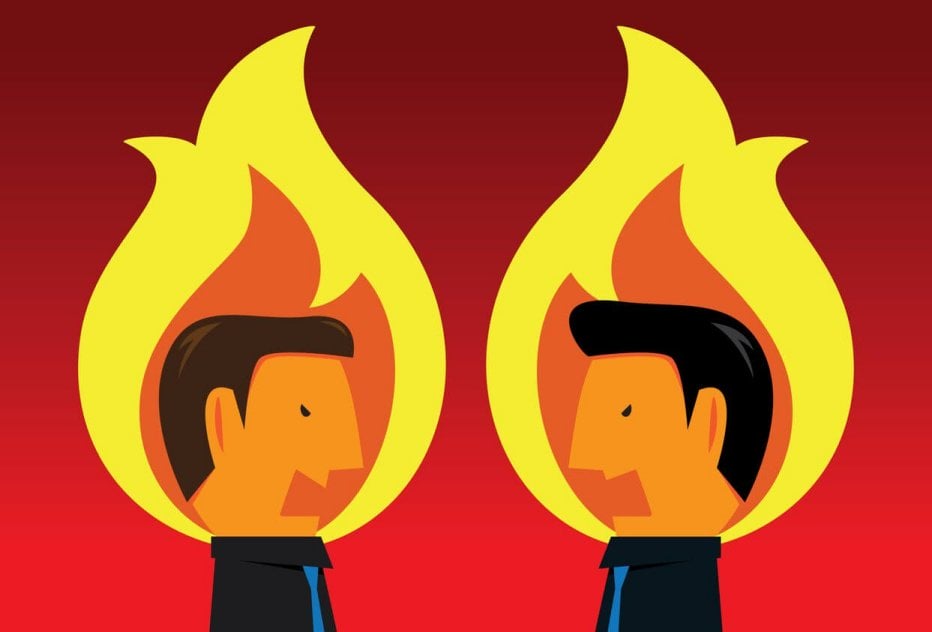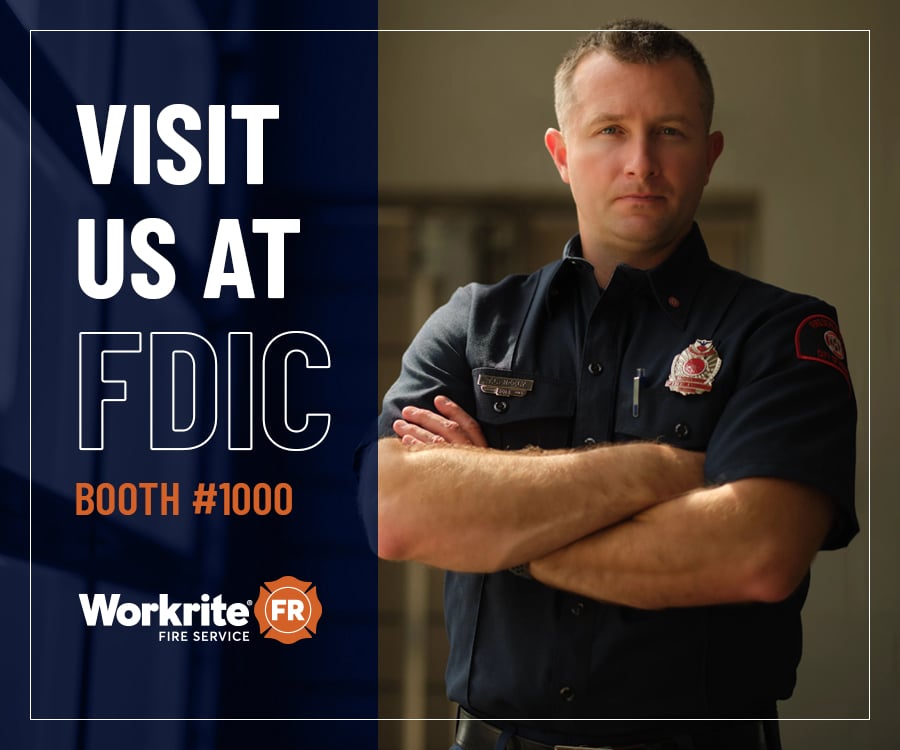Do You Have A Hostile Workplace?

By Anastasia Miller, Ph.D.
There are many good things about working in Fire. One of them is the sense of “brotherhood” and “family” that is frequently brought up. But a workplace bully can sour that brotherhood. But what happens when this isn’t the case? What happens when you are working in a station or on a crew that simply doesn’t get along?
What toll does this take on a person’s psyche?
Because academics have to give everything two-dollar words, we call this type of workplace bullying behavior “workplace incivility” and the lack of response from anyone in a managerial capacity is called “lack of perceived organizational support”.
Your Firehouse policies
Both the International Association of Fire Chiefs (IAFC) and the Volunteer Fire Fighters Association (VFFA) have policies against bullying or making firefighters prove they “have what it takes”. This is in line with multiple studies, including some on firefighters, as it may be used as a cover for harassment against those of differing gender, race, and sexual orientations.
Disengaging from firefighting
The first thing to happen is you disengage from the organization and possibly the profession. Because you have no one to turn to, you go inward and have to make a clean cut between what is you and what is the organization. You stop feeling pride in your unit (e.g. I was on the Engine and we had a friendly rivalry with the Truck in the same station).
Physical manifestations of stress
You might be feeling physically worse off as the stress takes its toll, or “trapped” in your job, station, or profession. You might have trouble sleeping. Could have new difficulty concentrating, changes in appetite, have a complete lack of motivation for just about anything.
Firefighter burnout
All of these together meet the academic definition of “burnout”. Once you hit this point, cynicism takes over and can hit all aspects of the job. Studies show that you are less vigilant with your own “safety behaviors”. People with high levels of burnout are less likely to check their SCBAs and other PPE on a regular basis.
Communicating to be heard
Upper leadership may never hear these concerns and they are just as confused once it hits a boiling point. Middle leadership is often trying to do so many things, they don’t realize they aren’t supporting either group. There aren’t any easy fixes, and every agency will have a unique culture that has to be taken into account. However, I think a good starting point would be clear policies from all in leadership that your “door is always open”, and they can at least bring concerns to you. The important part then is to make sure to follow up at some point or do something to make the lines of communication a two-way street.
Podcast
Contests & Promotions
















